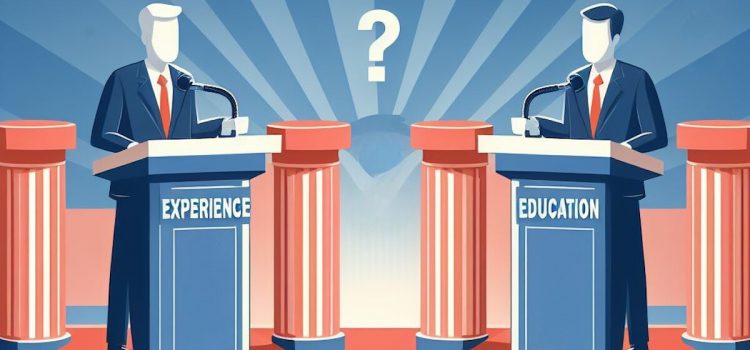Is your job candidate having second thoughts about accepting the job? How do you handle objections while recruiting a candidate? Some candidates might not be fully on board with the job. If they raise concerns, you need to change their minds so they’ll accept your offer. Here’s advice for objection handling in recruitment from the book Who.
Objection Handling in Recruitment: Get a Candidate to Say Yes










